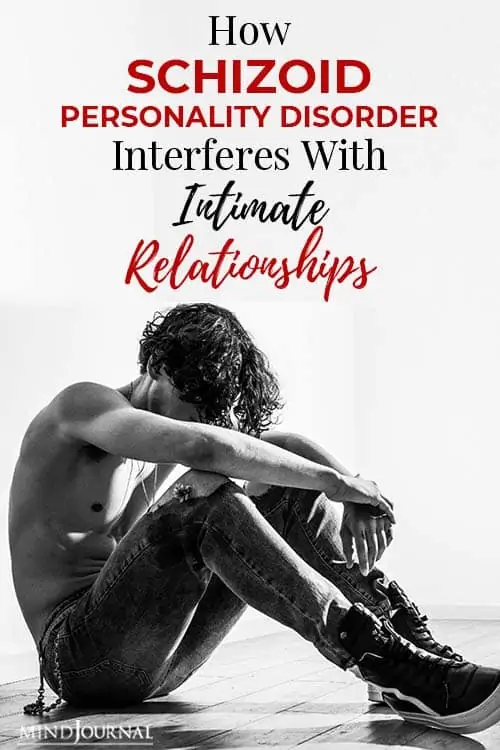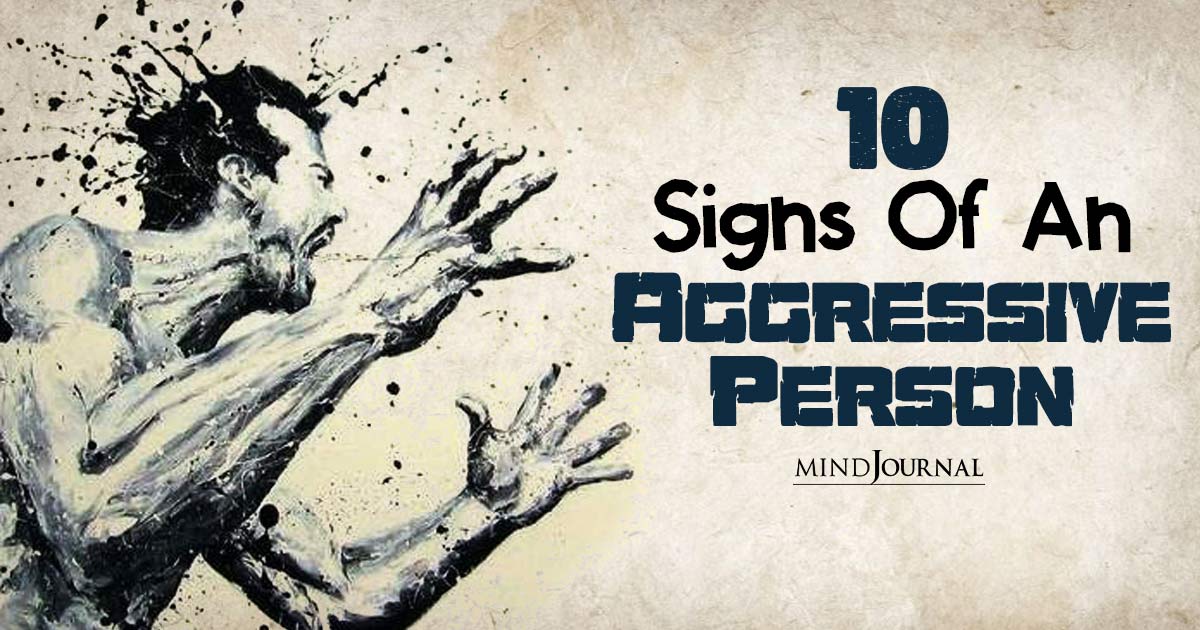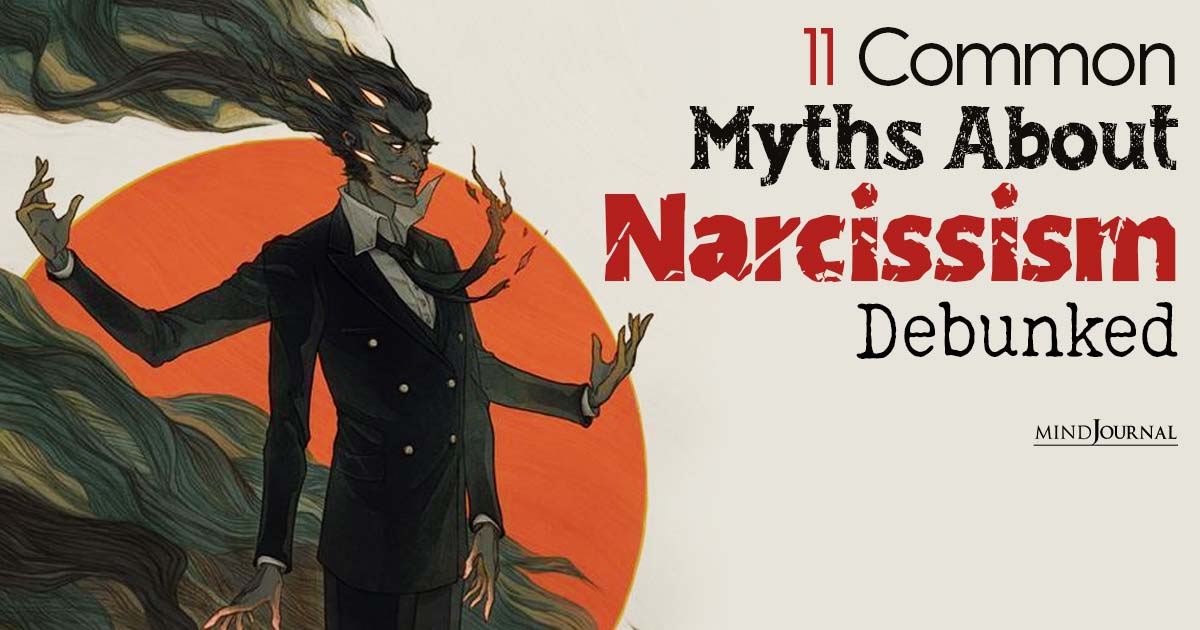Written by Elinor Greenberg, Ph.D., CGP.
When intimacy feels like a trap, partial relationships become the solution.
Most people are unfamiliar with the term schizoid personality disorder. If they have heard of it at all, they are likely to have many misconceptions about what it is.
The name itself is confusing. Some people think it has something to do with schizophrenia because both disorders start with the prefix “schizo” (it does not) or that all schizoids are like the quiet loner in the corner who is not interested in socializing (also not true).
Before I discuss how people with schizoid personality disorder deal with relationships, I would like to give some background information that will make their fear of intimacy more understandable.
What is schizoid personality disorder?
Schizoid personality disorder is one of the three major personality disorders that are treatable by appropriate psychotherapy. The other two are borderline personality disorder and narcissistic personality disorder (Greenberg, 2016).
All personality disorders start quite early in life. It is believed that personality disorders are the result of an attempt by a particular child with a particular inborn temperament to adapt to a family situation that is less than optimal for that child. In the case of schizoid personality disorder, the child’s upbringing leaves the child feeling unsafe with other human beings and unprepared to be in intimate relationships later in life.
The child learns to turn inward, instead of outward, in an attempt to meet his or her own needs. This can lead the person as an adult to appear more introverted than he or she would have been if raised in a more normal family.
Note: In this blog post, I am using the term schizoid or SPD as a shorthand way of describing people who meet the criteria for a diagnosis of schizoid personality disorder.
Read The Attachment Theory: How Childhood Attachment Affects Adult Relationships
The home life of the schizoid child
If you are reading this post because you have problems with intimacy and believe you may have schizoid personality disorder, it is likely that you experienced some combination of the following things as a young child:
- There was an almost complete lack of attunement to you by your caregivers.
- There was nobody who you could trust to care of you.
- You experienced physical or emotional abuse coupled with neglect.
- You were treated like a thing, not a person with preferences and feelings.
- Your primary caregiver was inappropriately intrusive.
- You felt trapped in a hostile situation where you had no rights and no control.
- You were forced to comply with unreasonable demands.
- You believed that no one cared what happened to you, what you thought, or how you felt.
Here are a few examples of what being a child was like for my clients with schizoid personality disorder.
My client Jane reported that her mother treated her as if she were invisible and had no feelings. She told me the following story which she described as typical:
My mother sometimes decided to vacuum my room and rearrange the furniture at night while I was sleeping. When I asked her to stop, she told me to shut my mouth if I knew what was good for me. She said it was her house and she could do as she wished. When I complained, she smacked me.
Read Schizoid Personality Disorder: What It Is And How To Treat It
My client Burt was not allowed any privacy growing up. His mother was incredibly intrusive. He remembers her giving him enemas every week against his will when he was a small child. She held him down while he cried and struggled. He was so traumatized by this experience that he developed a lifelong fear of any medical procedures that involved body openings, including dentistry. Here is what happened after he reached puberty.
My mom was so afraid that I would masturbate, that she searched my room every day for porn. She even looked up the history of my internet searches. I had no privacy. She thought nothing of walking in on me when I was going to the bathroom or showering. When I complained, she said: “I diapered you. I’ve seen everything you have before.”
As soon as Burt was old enough to legally leave home, he did. By the time I met him, he was living by himself in a small studio apartment, working from home, and was determined to never let any woman control him again.
The long-term results of being treated like a thing, not a person
It is very common for children who grow up in these types of homes to report that by age seven they had already concluded that they were on their own. It was not safe to depend on other people for anything important. Their basic experience has been that if you let people get close to you, they will try to control you and mistreat you. This conclusion leads them to focus on becoming as independent of other people as possible. It also leaves them with a weak sense of self, no interpersonal trust, and very few useful relationship skills.
For example, most of my schizoid clients enter therapy without knowing that it is possible for two adults to negotiate their differences. Their childhood taught them that whoever has the most power calls all the shots and the other person has to submit or leave.
As teens and adults, most people with schizoid personality disorder long for romance and sex like the rest of us. However, their childhood experiences have left them too frightened to risk being that intimate with other human beings.
Read Difference Between Borderline Personality Disorder and Narcissistic Personality Disorder
The schizoid dilemma and the schizoid compromise
Ralph Klein (1995), an expert on schizoid personality disorder, calls this situation “the schizoid dilemma.” The question at the core of the schizoid dilemma is:
How do I get safe intimacy?
Klein describes the typical solution to this problem as “the schizoid compromise.” The schizoid compromise involves finding a way to get some safe interpersonal contact while maintaining some impediment to full intimacy. Most schizoid compromises involve having some form of a partial relationship with built-in limitations.
Here are some common schizoid relationship compromises:
- Having an internet relationship where almost all your contact is done virtually and not in person.
- Dating someone who lives far away so that you only see them in person for brief periods a few times per year.
- Falling in love with unavailable people and pursuing them.
- Adding a third person to your existing relationship to dilute the intimacy.
- Having a fantasy relationship with someone you barely know. You make up elaborate and satisfying fantasies in your head that substitute for a real relationship.
- Going in and out of a relationship with the same person over and over again. You leave each time because you feel trapped, then come back and try again when you feel safe but lonely or too isolated.
- Only having one-night stands or multiple first dates.
- Getting passionate crushes on celebrities and becoming preoccupied with their life instead of searching for anyone available in your life.
- Diluting the intimacy of your existing relationship by taking a job that requires you to travel for business or otherwise not be home for long periods of time.
Read 3 Ways To Handle Childhood Trauma
Summary:
People with schizoid personality disorder lack basic trust in other people’s good intentions. During childhood, they were treated more like things than people. Thyhjney did not learn important relationship skills, such as putting up appropriate boundaries, saying “no” gracefully, and negotiating interpersonal differences.
Their sense of identity is weak because they got very little useful feedback from their parents. As a result, they can easily feel overwhelmed by more dominant personalities. In adulthood, their central issue becomes how to get their relationship needs met without relinquishing their independence. Most of the solutions they devise involve having partial relationships that have built-in limits that make them feel safe.
References
- Greenberg, E. (2016). Borderline, Narcissistic, and Schizoid Adaptation: The Pursuit of Love, Admiration, and Safety (Chapters 3 and 13). NY: Greenbrooke Press.
- Klein, R. (1995). The self in exile: A developmental, self and object relations approach to the schizoid disorder of the self. In J. F. Masterson & r. Klein (eds.), Disorders of the Self: New Therapeutic Horizons—The Masterson Approach (Chapters 1-7, pp. 3-142). NY: Brunner/Mazel.
Originally appeared on Psychology Today
Republished with permission.









Leave a Reply
You must be logged in to post a comment.